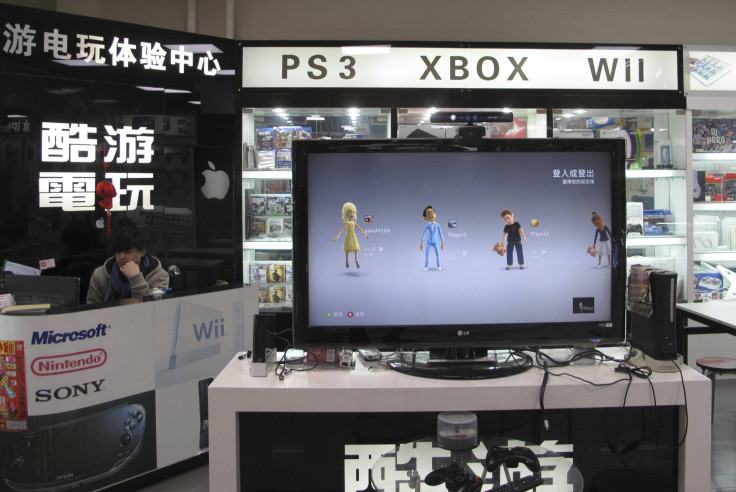China Lifts 14-Year-Old Video Game Console Ban With Caveats: Will Sony, Microsoft And Nintendo Be Attracted To Shanghai FTZ?

On Tuesday, China reversed its 14-year-old video game console ban – albeit with a few caveats attached.
The ban was imposed in 2000.
"The government thought that was the best way to protect Chinese youth from wasting their minds on video games, after a parental outcry," Lisa Hanson, Niko Partners market researcher told Kotaku.
Rumors of the video game console ban being lifted have been making the rounds through news outlets since last fall. But the announcement by China on Tuesday made the move official, leaving console makers with lucrative market to pursue.
From the outside perspective, entering the Chinese market would seem like a no-brainer for video game console makers, since it gives them access to a huge population and potential consumer base worth $13 billion, according to The Verge. With Microsoft (NASDAQ:MSFT) touting its new Xbox One and Sony (NYSE:SNE) aggressively marketing its PlayStation 4 around the world, it would be a huge feather in either of their caps. But the ban lifting came with a few caveats that the console makers will have to evaluate before trying the Chinese market.
According to the temporary ban lift by Chinese authorities, foreign video game console makers such as Sony and Microsoft would be permitted to sell consoles if they are manufactured in the Shanghai Free Trade Zone. After the consoles are manufactured, they can be sold in the Chinese domestic market once they pass inspection by cultural authorities.
Currently, the import of video game consoles, including the PS4, Xbox One and Nintendo (OTCMKTS:NTDOY) Wii Um, is still prohibited. However the foreign consoles such as the Xbox One can still be found on grey market sites such as Tao Bao for around $677 (4099 Chinese yuan) with the PlayStation 4 around $545 (3299 yuan).
Console makers such as Sony have given no clear indication whether or not they’ll enter the Chinese market based on the news.
“We recognize that China is a promising market. We will continuously study the possibility, but there is no concrete plan at this stage,” a Sony representative told the BBC.
Another issues that may hinder the potential Chinese video game market is the rampant piracy in the country, but game developer and publishers seem to be undaunted.
Companies such as Ubisoft (EPA:UBI) and Nintendo saw a price spike after the announcement by Chinese authorities, according to Bloomberg.
Do you think the loosening of video game console sale restrictions will attract foreign video game consoles manufacturers to the Shanghai FTZ? Let us know in the comments.
© Copyright IBTimes 2024. All rights reserved.












